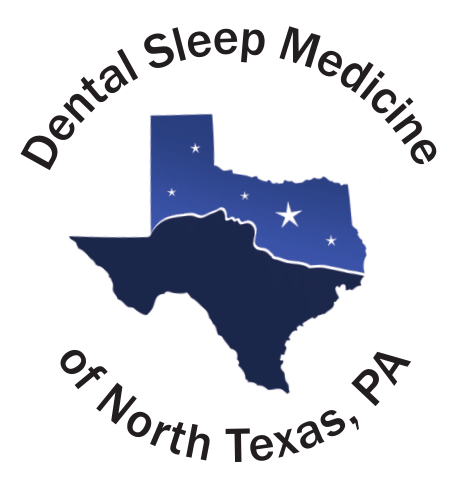Find Effective Sleep Apnea Treatments Near You
Sleep apnea affects millions of Americans, causing interrupted breathing during sleep and leading to serious health risks if left untreated. While CPAP (Continuous Positive Airway Pressure) therapy is a popular treatment, it’s not always the best fit for everyone.
At Dental Sleep Medicine of North Texas, Dr. Scott Clinton offers innovative and comfortable CPAP alternatives to help patients in Waxahachie, TX, achieve better sleep and health. Call our Waxahachie office at (972) 737-5337 to schedule a consultation and explore your options for sleep apnea relief.
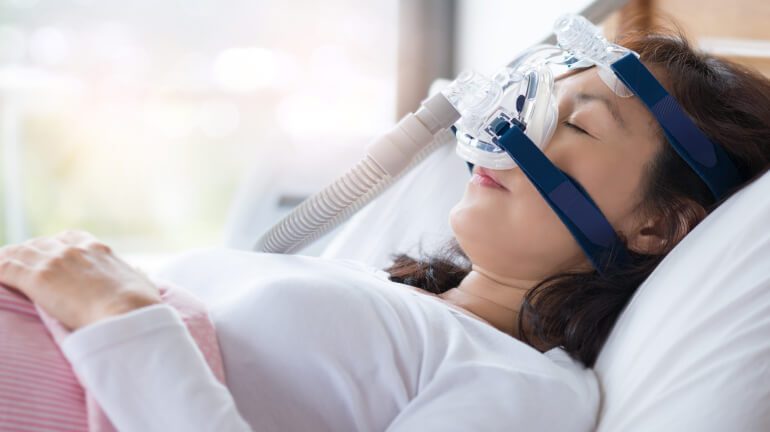
Why Seek CPAP Alternatives?
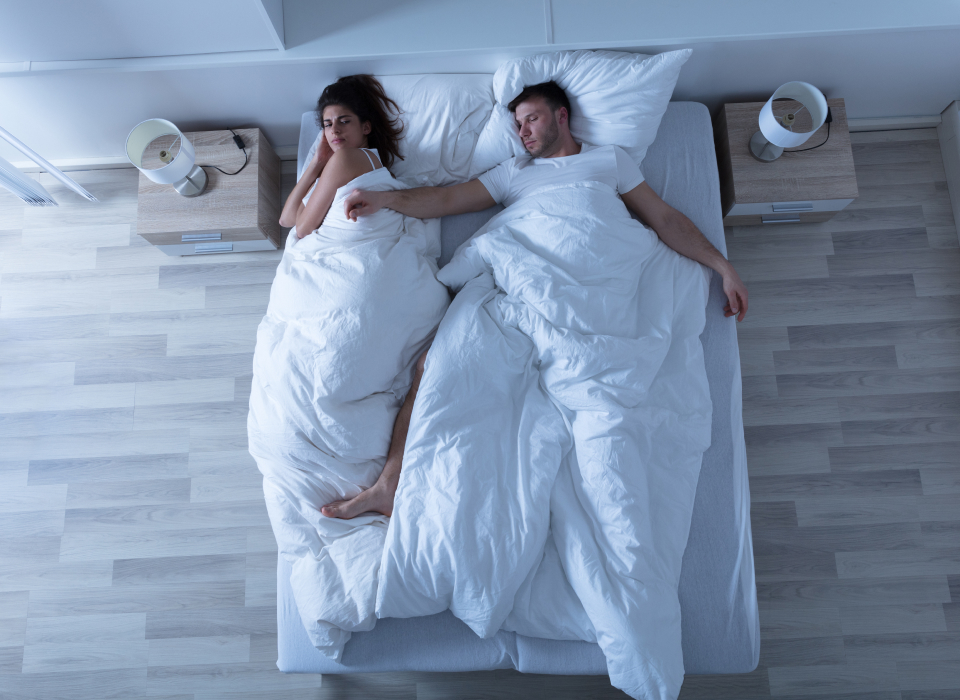
While effective, CPAP therapy can have limitations that make it less suitable for certain individuals:
- Comfort Issues: Wearing a mask nightly can feel intrusive or uncomfortable.
- Compliance Challenges: Many patients struggle with consistent use due to discomfort or inconvenience.
- Noise Disruptions: CPAP machines can disrupt sleep for users and their partners.
- Travel Concerns: Machines are bulky and require electricity, making travel cumbersome.
- Side Effects: Dry mouth, nasal congestion, or skin irritation can deter consistent use.
Fortunately, there are modern sleep apnea treatments tailored to your needs and lifestyle.
Oral Appliances Therapy: A Leading CPAP Alternative
For patients with mild to moderate sleep apnea, oral appliance therapy is a proven, comfortable solution. These custom-fitted devices gently adjust your jaw to keep your airway open during sleep.
Dr. Clinton specializes in creating tailored oral appliances to alleviate sleep apnea symptoms and snoring. Patients often prefer oral appliances due to their:
- Portability: Ideal for frequent travelers.
- Ease of Use: Simple to wear and maintain.
- Custom Fit: Designed to suit your unique oral structure.
- Quiet Operation: Unlike CPAP machines, oral appliances are silent.
Whether used as a standalone treatment or alongside CPAP for severe cases, oral appliances offer a convenient, effective solution.
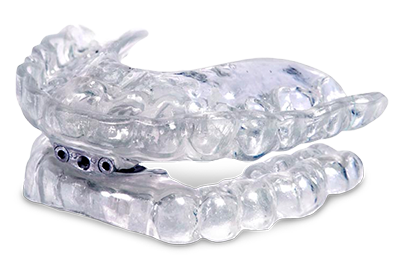
Additional CPAP Alternatives
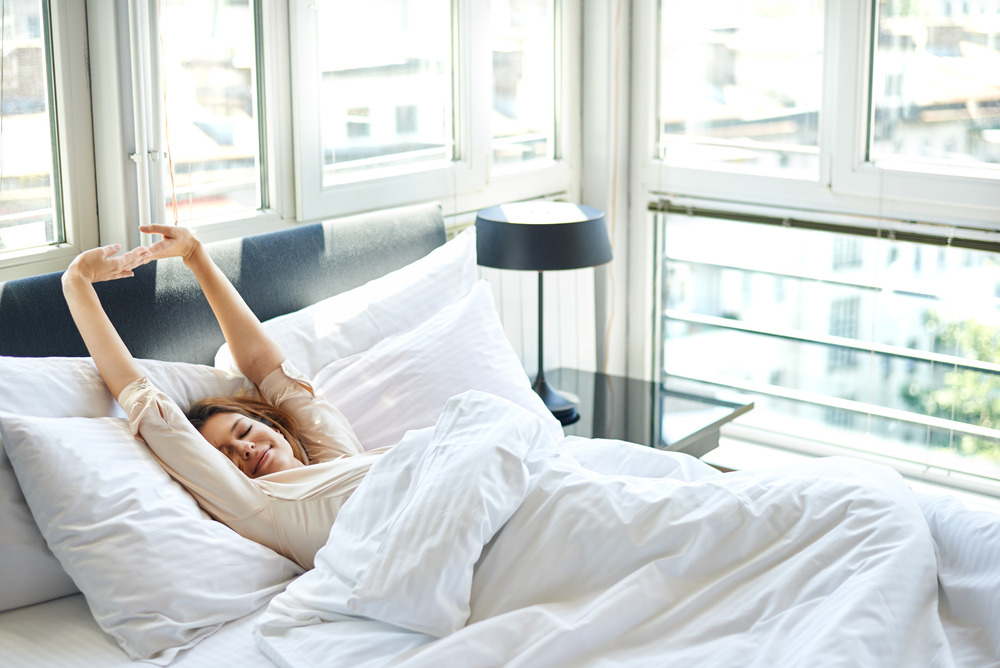
Lifestyle Adjustments
Small changes in daily habits can significantly reduce sleep apnea symptoms:
- Weight Management: Shedding excess weight decreases pressure on your airway.
- Quit Smoking and Reduce Alcohol: Both contribute to airway obstruction and snoring.
- Positional Therapy: Training yourself to sleep on your side prevents airway blockages caused by back sleeping.
Mouth and Throat Exercises
Strengthening the muscles around your airway can reduce the risk of collapse during sleep. Dr. Clinton can recommend targeted mouth and throat exercises to complement your treatment plan.
Advanced Treatment Options
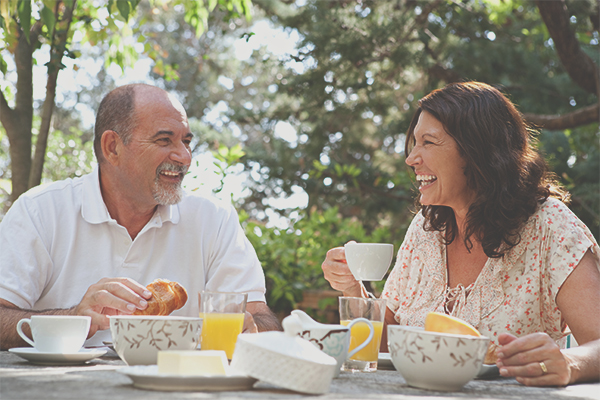
If non-invasive options aren’t sufficient, surgical procedures may be considered, including:
- Uvulopalatopharyngoplasty (UPPP): Removes excess tissue from the throat to widen the airway.
- Maxillomandibular Advancement (MMA): Adjusts the jaw to improve airflow.
- Nasal Surgery: Corrects structural issues in the nasal passages.
These procedures are typically reserved for severe cases or when other treatments have proven ineffective.
Frequently Asked Questions
Are oral appliances effective for severe sleep apnea?
Oral appliances are best suited for mild to moderate cases. In severe cases, they may complement CPAP therapy for improved outcomes.
Will my insurance cover oral appliance therapy?
Many dental insurance plans partially cover oral appliances for sleep apnea. Your dentist and dental team can assist with insurance claims and offer financing options if needed.
Can oral appliances stop snoring?
Yes! These devices effectively reduce snoring by keeping your airway open.
Choose Dr. Scott Clinton for Sleep Apnea Treatment
Dr. Clinton and the team at Dental Sleep Medicine of North Texas are committed to helping you reclaim restful sleep. With cutting-edge alternatives to CPAP therapy, we tailor solutions to fit your needs and ensure lasting relief.
Call our Waxahachie office at (972) 737-5337 to schedule your consultation. We proudly serve patients in Waxahachie and surrounding areas, including Red Oak, Midlothian, Maypearl, and Ennis, TX.
